Dr. Manolo Bellotto, General Manager and President of Gain Therapeutics, shares his personal story.
You can follow him on :
- Twitter : @ManoloBellotto
- LinkedIn : https://www.linkedin.com/in/manolobellotto/
What factors lead you to choose a career in the pharmaceutical industry?
I had a 10-year academic background in basic research, however, I wanted to apply my experience and be involved in translating these basic scientific discoveries into novel treatments that would have an impact on society and patients with limited or no viable treatment options. This desire prompted me to leave academia and work in the biotech sector.
How does research in academia compare to industry?
In my personal opinion, as a basic scientist you work in a bit of a black and white, or shall we say, binary world. The experiment either works or it doesn’t, you have an answer or you don’t have an answer. For me, my achievements were understanding processes or identifying new genes. So, the objective within industry is clear—understanding, identifying, and characterizing the function of genes. When you become a part of the biotech industry the science is extremely important, but you quickly learn that to make a difference for a patient you have to consider many other factors.
What do I mean specifically? Well, one thing I learned is that technology-driven advancement is not necessarily the approach in pharma. Instead, you start with your ideal patient profile and retroactively identify the technology or solution you need. This process can involve stakeholders, not only in decision-making but also project conceptualization. Thus, in these ways industry becomes more complex because you have to consider various aspects that are not part of basic research.
Additionally, it is not only a question of scientific advances, but then convincing a regulatory agency to approve a product. To do this, you have to be able to sell your product, and to sell means you can get your product to patients. So, all three of these processes—identifying a solution, advancing and evaluating the solution, and then bringing your drug to the market are not binary or straightforward processes. Thus, working within industry is much more complex, but at the same time, significantly more rewarding.
What advice would you have for fledgling scientists just about to start their career?
Whether you want to end up in academia, in a clinic, or in industry, you have to develop business management skills For example, when I was a basic scientist, I thought “I am a scientist, I don’t have to deal with marketing or communication,” but that is not true.
Even if you are a basic scientist, you have to be knowledgeable about business. Why? If you want a career, for example, as a university professor, you must learn how to sell yourself. I organize an MBA class for young oncologists and one of the key presentations is how to brand yourself, which for some oncologists was a bit difficult.
To be a successful scientist is very much like running a small business. You have to make business decisions, you have to position yourself to be competitive for grants and other funding, and you have to attract and retain talent. In summary, I encourage young scientists to learn the elements of business no matter which career path you decide.
What goals do you wish to achieve in your scientific career?
My main goal is to identify, develop, and launch innovative solutions for severe medical conditions that can reach patients in a sustainable way. For me, having a specific patient profile in mind helps me offer a solution and streamline research, increasing the likelihood of approval and ultimate patient benefit.
I want to work on innovative medical solutions that are targeted to specific patient populations with unmet needs, as this can often facilitate regulatory or reimbursement issues which would otherwise delay access for patients to disease-modifying new therapies..
With the worst of the pandemic seemingly behind us, will you be sharing Gain’s progress at any upcoming conferences?
With Covid, everything became hybrid, and in the last two years we’ve managed to be present at conferences either online or in person. Recently I attended the first international symposium on Gaucher disease in the Netherlands, which was exciting getting the most respected people in the field into the same place.
I also recently gave a presentation to the Michael J. Fox Foundation on May 19. I was a part of a panel discussion under the Michael J. Fox Foundation conference discussing two specific targets: GBA (Gcase), which we are working on, and another target termed lark2.
Can you tell us about the Gain Therapeutics pipeline?
In our current pipeline as well as looking to the future, we are dealing with molecular targets lacking suitable molecules or targets that deserve a different pharmacological approach. In both instances we are dealing with novel medical solutions addressing unmet medical needs for which there are no treatments.
In this respect, this is what Gain can do, basically drugging what was not considered druggable before. We are poised at the leading edge of new medical discoveries that could have profound impacts on patients if we are successful.


